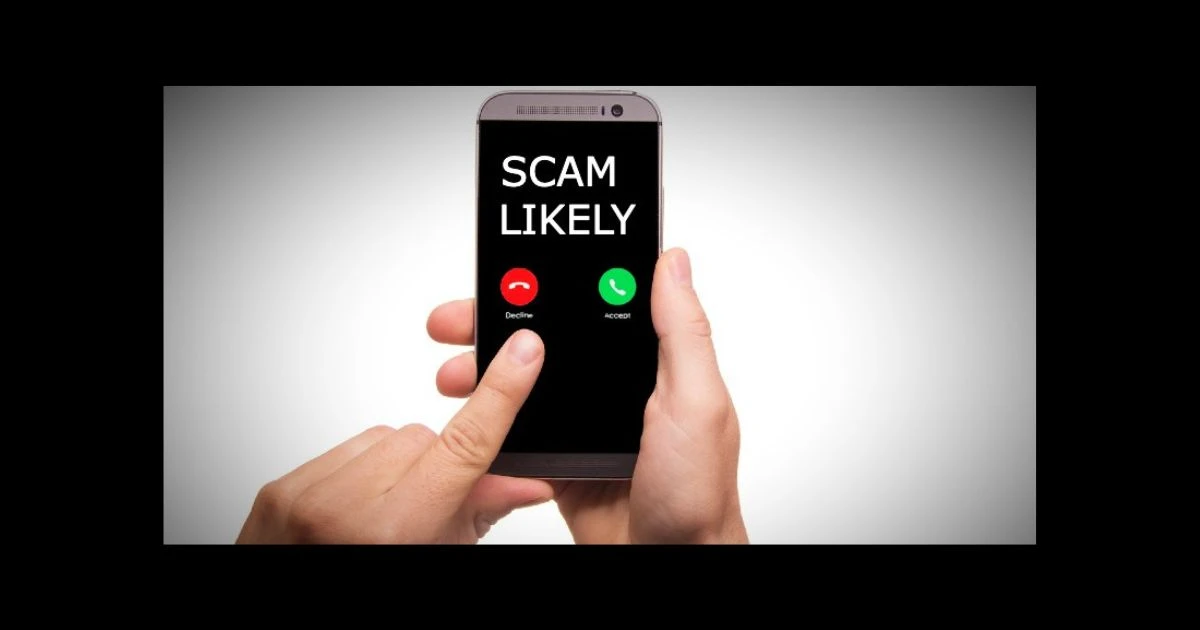With President Donald Trump signing executive orders making it more challenging for illegal immigrants to enter the nation, the U.S. Customs and Border Protection (CBP) is warning about a phone scam targeting residents nationwide to gain personal information that would bypass financial security protocols.
Over the last few months, CBP has reported about scammers posing as fake Border Patrol agents contacting citizens, threatening that law enforcement is on the way, or promising money for information.
This is how the scam is used: CBP says would-be victims get a phone call from the scammers insisting they must confirm certain details because law enforcement has intercepted a shipment of drugs with the “target’s” name and address and their cooperation is important to ensure the case is resolved.
If the individual targeted by the scammers refuses to comply with their demands, the scammer threatens that the police will be arriving. If the person asks the fraudster for proof of their identity, CBP states that the scammer often provides the name and phone number of a real CBP employee, which can be found online, for the target to verify. Additionally, some scammers even provide fake case numbers and badge numbers.
“We are seeing a spike of phone calls from concerned citizens about scammers posing as CBP employees seeking information about suspected illegal activity,” said CBP Field Operations director Rod Hudson.
CBP has stated that they never call suspects or victims to request money or personal information, such as Social Security numbers. CBP does not use gift cards, cryptocurrency, or wire transfers for payments. Additionally, don’t rely on caller ID, as scammers can manipulate phone numbers to appear legitimate.
If you receive a call from someone claiming to be from CBP who asks for personal information, hang up immediately and report the incident to the Federal Trade Commission online.mbers look real even if they’re not.
The law enforcement agency says anyone receiving any type of call from someone claiming to be from CBP and seeking any type of personal information, should just hang up and report it to the Federal Trade Commission online.





















